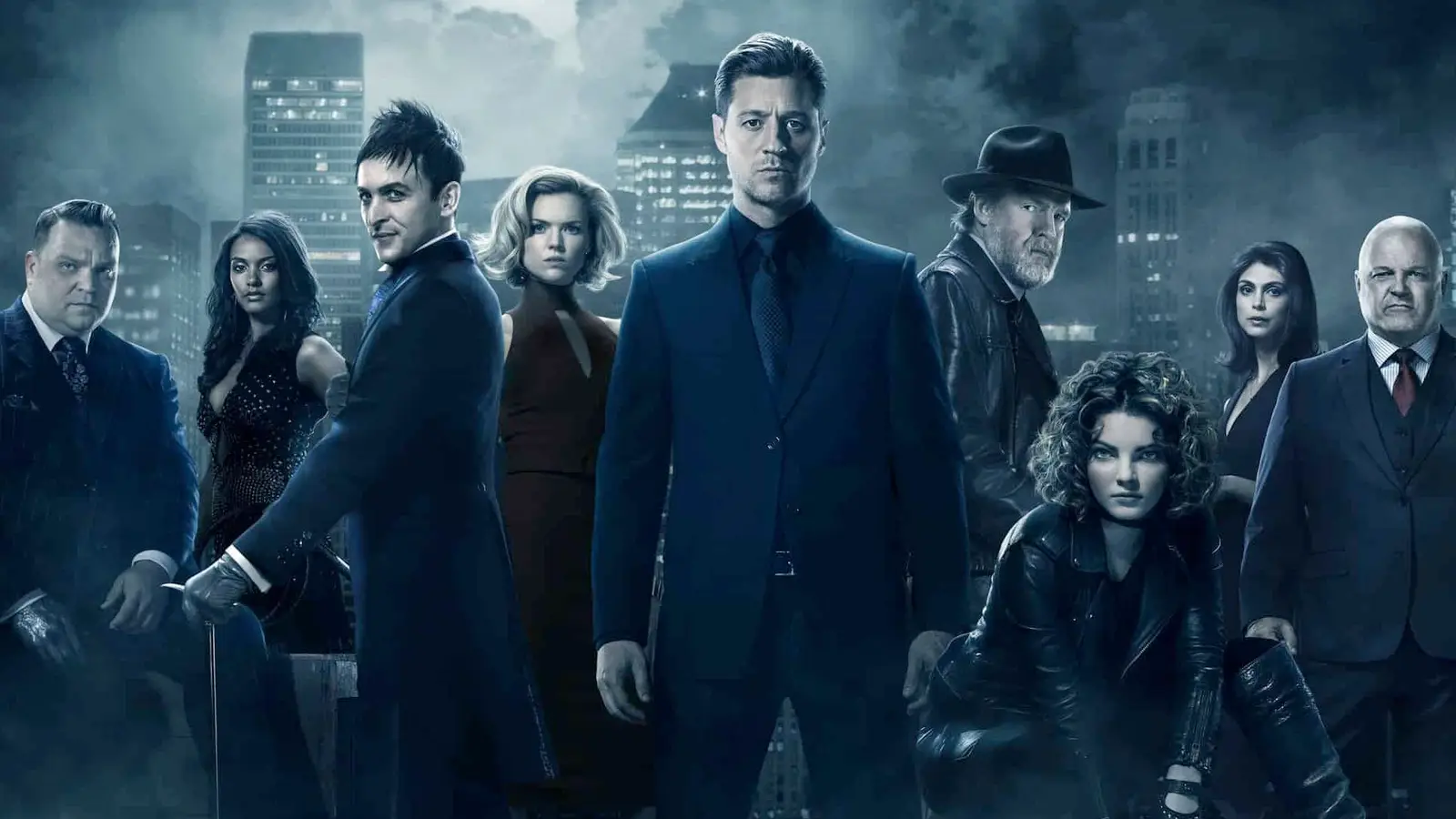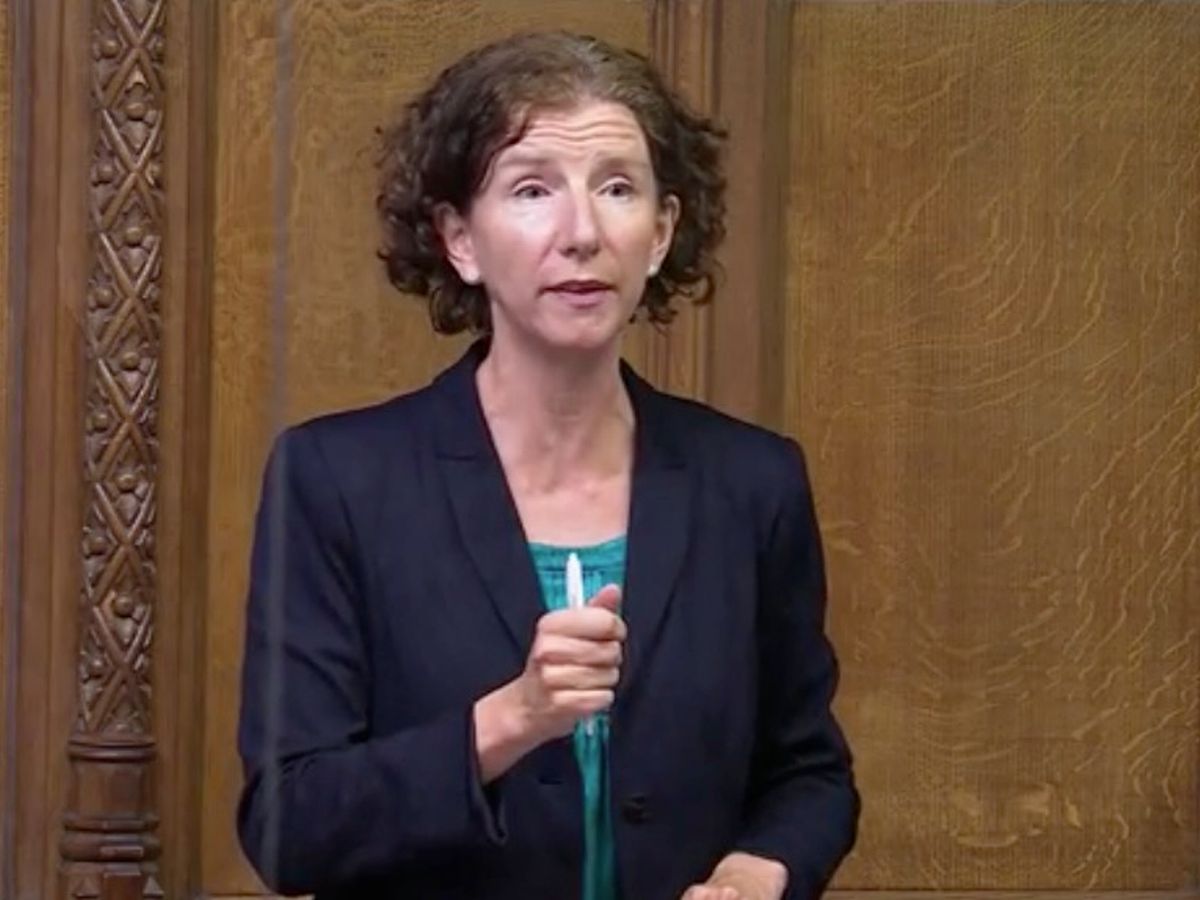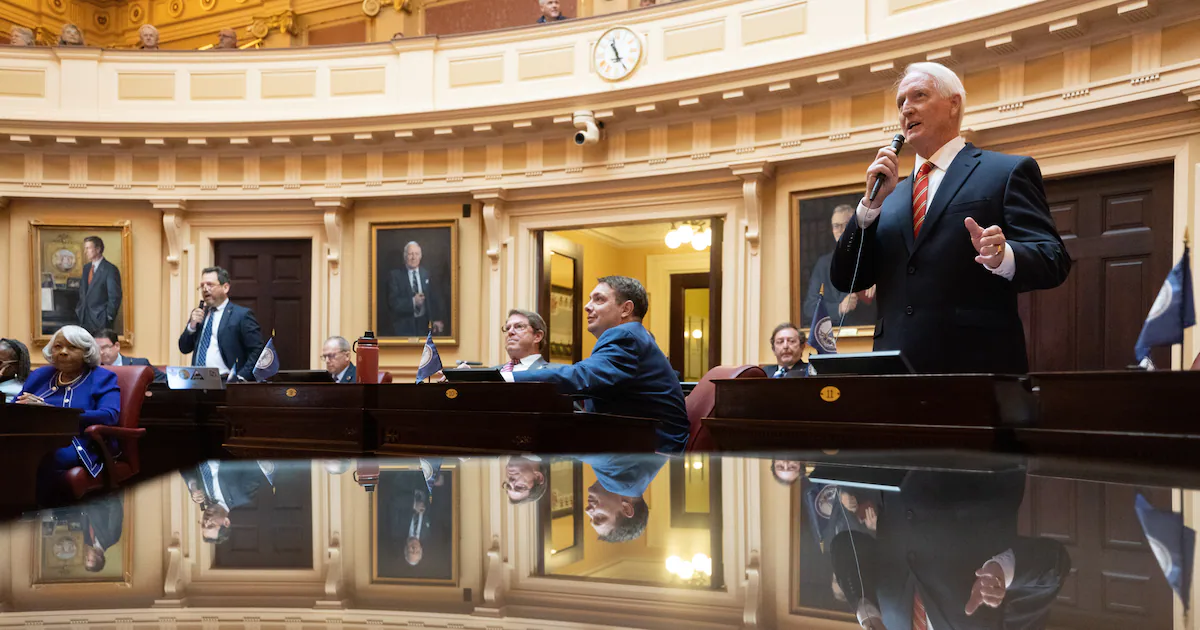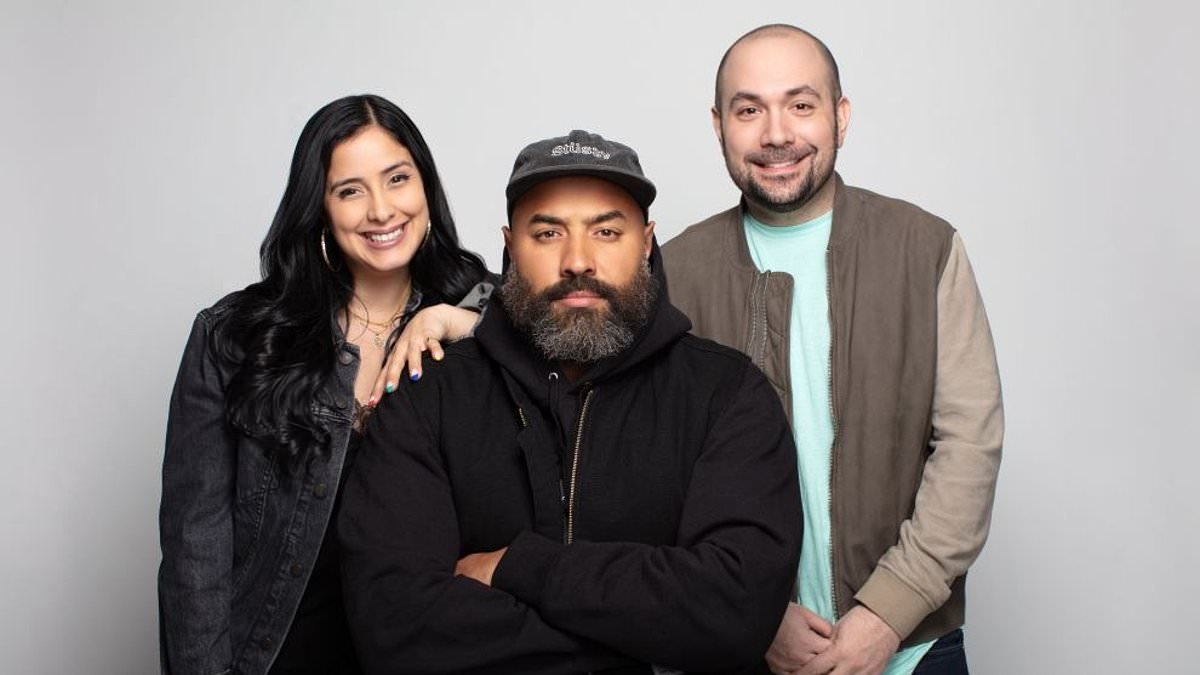Copyright Screen Rant

Superhero television has never been more popular, yet some of the best shows in the genre have been canceled too soon. Whether it’s corporate reshuffling, rights issues, or network indecision, countless promising Marvel and DC series have vanished just as they hit their stride. Despite passionate followings and strong creative direction, some never got the chance to finish their stories. The strangest cancellations are often the ones that made all the right moves. They boast great performances, strong worldbuilding, and critical acclaim, but still couldn’t survive the unpredictable world of TV production. In some cases, audiences didn’t even get a proper finale. Gotham (2014–2019) Gothambegan as a gritty origin story for Batman’s city, growing into a uniquely stylized prequel full of dark humor and creative reinventions of classic villains. For five seasons, it thrived on unpredictable twists and character-driven storytelling that balanced comic book spectacle with noir crime drama. That’s why its ending felt so strange. The cancellation came abruptly in 2019, midway through the superhero show’s many sprawling ongoing arcs. This forced producers to rush a condensed final season. Audiences had to watch years of buildup resolved in just a few episodes, leaving storylines and relationships barely explored. Despite consistent ratings and a loyal fanbase, Gotham’s sudden wrap-up still confuses viewers. Its inventive approach to Batman lore deserved a longer runway, especially after the show had finally found the perfect tone between camp and chaos. Ending it just as it reached peak creativity remains one of DC TV’s most puzzling moves. Superman & Lois (2021–2024) When Superman & Lois premiered in 2021, it immediately stood out for its cinematic quality and heartfelt storytelling. Tyler Hoechlin and Elizabeth Tulloch redefined the Man of Steel mythos, blending superhero action with grounded family drama. For many, it felt like the perfect small-screen version of Superman. However, behind the scenes, The CW’s changing ownership and DC’s upcoming film reboot doomed the show. The network’s new corporate direction leaned away from expensive genre series, while Warner Bros. Discovery wanted a clean slate for James Gunn’s DCU. Neither reason had to do with the show’s quality. The result was a frustratingly premature ending for one of DC’s best TV adaptations in years. It boasted its optimism, strong performances, and mature themes, but corporate restructuring (not creative failure) killed it. For a show about hope, Superman & Lois deserved a far less cynical fate. Wolverine And The X-Men (2009) Wolverine and the X-Menexploded onto screens in 2009 with bold animation, mature writing, and a sharp emotional edge. Its single season built a sprawling, interconnected mutant world that rivaled the live-action X-Men films in scope and depth. Yet despite glowing reviews and strong fan support, financial issues between Marvel and its production partners halted development on season two. The series ended with a massive cliffhanger. It teased the arrival of Apocalypse and the Phoenix, two major storylines audiences never got to see unfold. Its cancellation remains one of the great tragedies of superhero animation. Wolverine and the X-Mencaptured Wolverine’s reluctant leadership, Magneto’s complexity, and the X-Men’s core themes of sacrifice and unity. It could have easily become the definitive animated X-Men story. However, instead, it was silenced just as it proved how powerful superhero animation could be. Constantine (2014–2015) NBC’s Constantine nailed the tone of DC’s Hellblazer comics like no adaptation before it. Matt Ryan embodied the chain-smoking, morally ambiguous demon hunter perfectly. He blended dark humor with a tortured soulfulness that felt straight off the page. Despite its faithfulness and critical praise, Constantine struggled with ratings due to a late-night Friday slot and poor marketing. NBC hesitated to embrace darker superhero content, leaving Constantine adrift even as it built a loyal cult following. When it was canceled after one season, many were furious. The story had only begun scratching the surface of Constantine’s mythology. While Ryan would later reprise the role in Legends of Tomorrow and animated spin-offs, the show itself never got the closure it deserved. Constantine’s early demise remains one of DC’s most frustrating missed opportunities. The Boys Presents: Diabolical (2022) Amazon’s The Boys Presents: Diabolical was a creative explosion of animated insanity. Each episode brought a new visual style and tone, ranging from absurd comedy to emotional tragedy, all set within the masterful The Boys universe. Critics praised its inventiveness and voice cast, and audiences loved the unpredictable anthology format. Despite the acclaim, the show never got a second season. Amazon never clarified why; possibly because the focus shifted to Gen V, another Boys spin-off. Still, for such a flexible and well-received project, its disappearance makes little sense. Diabolicalcould’ve easily continued exploring twisted corners of Vought’s world, offering fresh perspectives and tonal experimentation between main seasons. Instead, it became a one-and-done cult favorite. Its creative freedom and energy were unmatched — a rare superhero spin-off that deserved much more than a single batch of episodes. Helstrom (2020) Helstromwas one of Marvel Television’s final pre-Disney+ projects – and it never stood a chance. Released quietly on Hulu in 2020, it followed Daimon and Ana Hellstrom, the children of a serial killer struggling with their demonic inheritance. The dark, atmospheric tone and strong performances hinted at a supernatural MCU corner that could have rivaled Constantine. Unfortunately, corporate restructuring doomed it before it began. Marvel Television was being folded into Marvel Studios, and Helstrom didn’t fit the MCU’s new vision. Despite solid writing and intriguing worldbuilding, it was canceled after one season, largely ignored by its own studio. Those who discovered it later were stunned by how strong it actually was: eerie, mature, and distinct from Marvel’s usual tone. Helstrom could’ve been Marvel’s gateway into horror storytelling. Instead, it became an orphaned gem with nowhere to go. Cloak & Dagger (2018–2019) Marvel’s Cloak & Dagger brought a grounded, emotional approach to superhero storytelling. Centering on two teens connected by trauma and light-and-dark powers, it explored social issues and intimacy rarely touched in the genre. Olivia Holt and Aubrey Joseph delivered deeply empathetic performances that anchored the show in humanity. Despite critical acclaim and strong chemistry between its leads, Cloak & Dagger struggled with visibility on Freeform, a network not known for superhero programming. Just as the storylines deepened and crossovers loomed, Disney pulled the plug amid Marvel Television’s transition to Marvel Studios. Its cancellation felt undeserved. Cloak & Daggeroffered representation, emotional storytelling, and subtle worldbuilding. Fans saw it as the MCU’s most underrated show. Losing it after only two seasons remains one of the studio’s most short-sighted decisions. Powerless (2017) NBC’s Powerless had a brilliant concept. It was a workplace comedy set in the DC Universe, focusing on an insurance company that cleaned up after superhero battles. With an ensemble cast led by Vanessa Hudgens and Alan Tudyk, it promised something truly different – a The Office-style satire of comic book chaos. However, network interference and scheduling issues crippled the show before it found its rhythm. Tonal shifts and reshoots confused audiences, and NBC pulled it after just nine episodes. What started as a sharp, self-aware idea became a casualty of executive second-guessing. Those who later discovered Powerless were surprised by the superhero series's potential. Its blend of absurdity and affection for comic lore could’ve evolved into something special. Instead, it was cut short before it could even find its voice – an all-too-common fate for clever superhero experiments. Swamp Thing (2019) DC Universe’s Swamp Thing was a stunning surprise when it debuted in 2019. It offered a moody, atmospheric horror series that balanced monster myth with heartfelt tragedy. Critics loved its practical effects, tone, and mature storytelling. Within one episode, it was clear Swamp Thing was something special. Then, before season one had even finished airing, Swamp Thing was canceled. Reports cited budget issues and state tax complications, but many suspected deeper studio politics. The abrupt decision baffled everyone, especially given the show’s glowing reviews and ambitious worldbuilding. Swamp Thingremains one of DC’s greatest missed opportunities: a horror-driven superhero series that could’ve redefined the genre. Its abrupt end left viewers devastated and critics confused. Years later, it’s still cited as the clearest example of a network pulling the plug on greatness far too soon.



